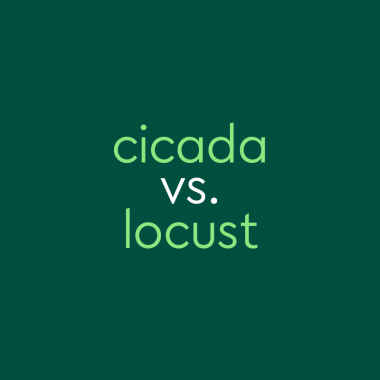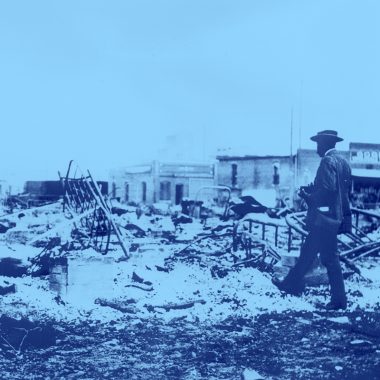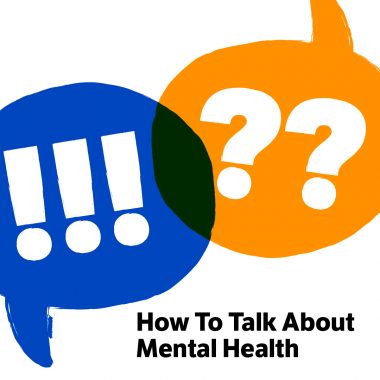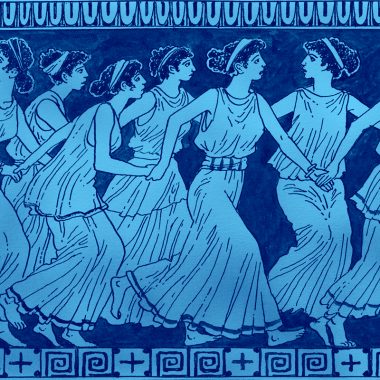Cicada vs. Locust: What’s The Difference?
There has been a lot of buzz around cicadas recently—you’ve probably heard about Brood X by now (if not, read on). But do you know what a cicada actually is? Are they the same as locusts? Are they all just a kind of grasshopper? Telling cicadas and locusts apart can be a bit complicated, especially since the words are sometimes used interchangeably and the particularly …











